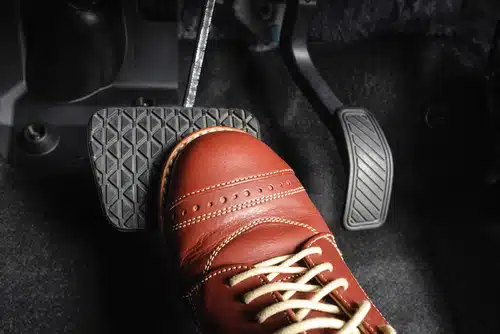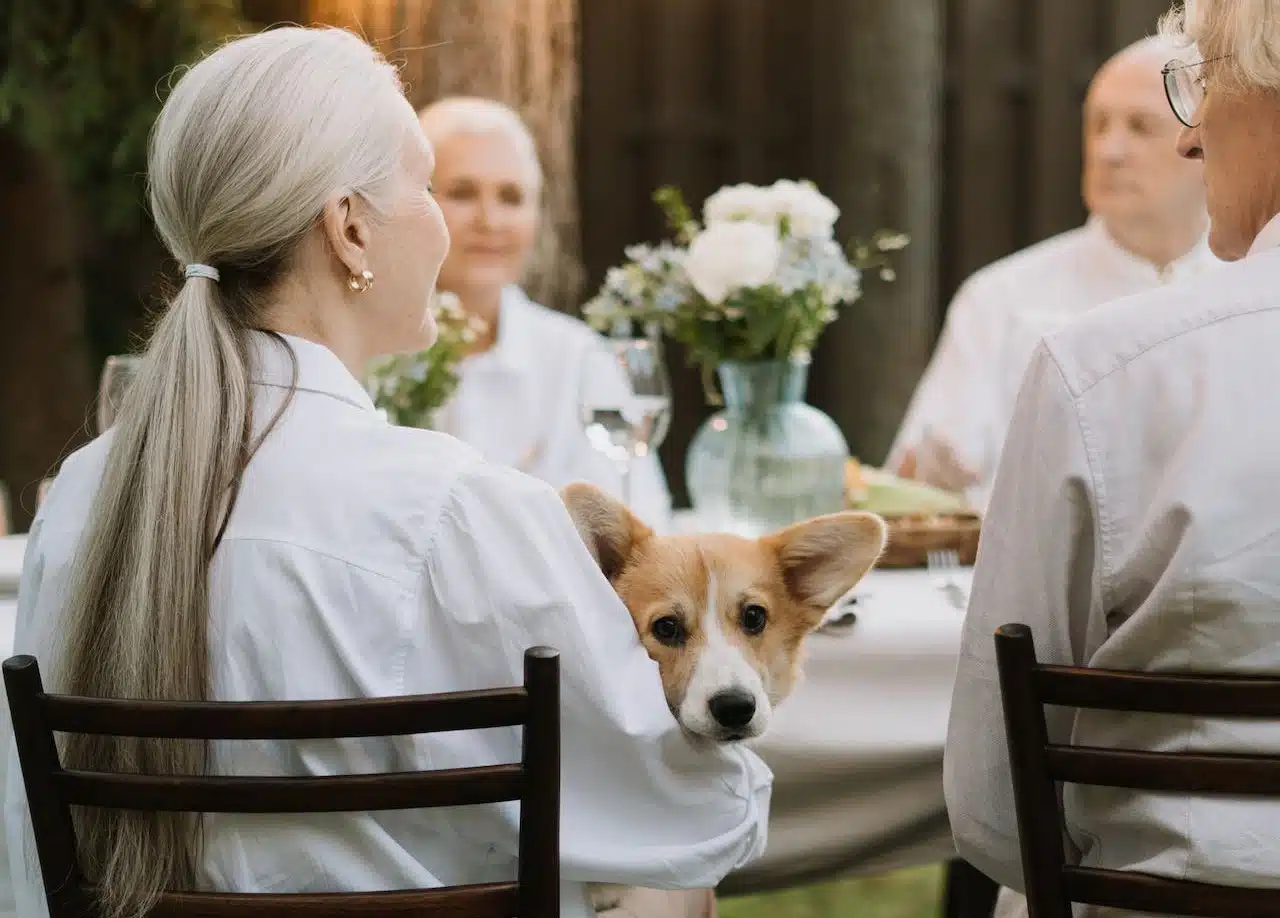Home » Blog » Pet » Pet Health & Safety » Tips to Find Your Lost Pet on a Holiday Roadtrip
Categories
Tags
animal welfare
breed profile
buying a car
buying a pet
Car
car accessories
car care
car features
car insurance
Car safety
car sales
car service
cat
cat behaviour
cat body language
Cat Breeds
cat food
cat insurance
comprehensive car insurance
Dog
Dog Behaviour
dog body language
Dog Breeds
dog food
Dog Insurance
dog training
eco friendly cars
Kitten
New Car
pet accessories
pet activities
Pet Adoption
pet breeders
pet days of the year
pet fun stuff
Pet Health
pet insurance
pet parenting
Pet Safety
pet services
Puppy
rescue pets
road safety
road trip
safe driving
Recent Blog:
Facebook Posts
19 hours ago
Growing old sometimes means we can’t take care of pets anymore. Find out some advice on what to do when this happens:![]()
![]() Senior Pet Parents – Contingency Plans for Your Pet – bit.ly/44bzwkS
... See MoreSee Less
Senior Pet Parents – Contingency Plans for Your Pet – bit.ly/44bzwkS
... See MoreSee Less
Senior Pet Parents' Contingency Plans for Pets
www.pd.com.au
Sometimes senior pet parents need more downtime. For older pet owners, this can be tricky to navigate if their dog or cat is full of beans and wants to3 days ago
Before you rev up the engine, let’s run through a checklist of things to do before starting your car. Not only do these steps ensure your safety (and that of others around you), but they also help in maintaining your vehicle's longevity.![]()
![]() Driving Tips: Your Checklist Before Starting Your Car -
... See MoreSee Less
Driving Tips: Your Checklist Before Starting Your Car -
... See MoreSee Less
Driving Tips: Your Checklist Before Starting Your Car
www.pd.com.au
Heading out for a drive? Hold up a second! Whether you're dashing off to work, running errands, or embarking on a road trip adventure, there are a few1 week ago
Are intestinal worms setting up camp in your dog’s gut without paying rent? Here’s how to spot the main culprits and get rid of them too:![]()
![]() Preventing, Identifying and Treating Intestinal Worms in Dogs - bit.ly/43YjCKu
... See MoreSee Less
Preventing, Identifying and Treating Intestinal Worms in Dogs - bit.ly/43YjCKu
... See MoreSee Less
Preventing, Identifying and Treating Intestinal Worms in Dogs
www.pd.com.au
Intestinal worms, such as roundworms in dogs are one of the least glamorous topics on the planet. These intestinal parasites that basically use our dogsOur research shows that Australian pet owners are choosing to take their dogs, cats, birds, rodents, reptiles, and even fish (!!) on their road trip or away on holiday. Seriously. And our research shows this is increasing. Which means the chances of a lost pet on holiday are increasing. Except for the fish, probably ????
In fact, 19% of the Australians we surveyed said this was a concern they had about pet parenting – losing their animal bestie while on hols.
So, what to do if you find yourself in this situation…
What to do if you’ve lost your pet on holiday
If the worst happens, and your pet goes wandering or is spooked and bolts in an unfamiliar area, Google maps is your friend.
Take note of local landmarks, parks, buildings and yes, highways. You know your pet best, so try to consider the types of structures and other places that might appeal to them. Think about what might seem familiar to them.
Also consider that they might return to the spot you last saw them. Is there a way to divide and conquer, whereby one of your travelling companions stays put at the spot of loss and you head off to spread the word among locals while searching different areas?
Tell the local community (and your hometown)
The quicker you can let local people know about your missing fur (or other) baby the better. Contact these channels with your pet’s name, description and any tips on approaching your pet that might work for them:
We’ve created this ‘how to find lost pets’ blog post to take you through all the channels – just research those local to your holiday spot, or wherever it is you lost them.
Also consider the possibility that they may find their way back to your hometown. Some animals’ sense of smell and direction can be amazing.
Be sure to contact these channels in your hometown as well!
What to do if you find them
Chances are your pet will be more anxious and stressed outside their usual area, so their fight or flight instincts will kick in. This means they might react with aggression, run further away, or take refuge in hidden spaces.
If you come across your pet and they seem frightened or aggressive, call their name but stay still. Don’t creep toward them, this could be perceived as being threatening and they might bolt.
Instead:
- Make eye contact but stay still
- If you need to speak, use a calm voice
- Don’t call their name unless they’re calm enough, sing to them instead (it’s less triggering)
- Be patient
- Have some familiar items with you (toys and other things they’ll recognise and smell like home)
- Food could be your saviour – the longer they’re lost the hungrier they’ll be and the more likely their favourite dish could coax them back to you
They’re more likely to come to you willingly if you take this cautious approach.
Prepare for the worst and hope for the best
Know that if you’ve taken your pet on holiday (after reading our pet safety in cars article), while unfamiliar surroundings they may also be more more likely to eat something they shouldn’t. This could be a poisonous plant, bait or even being given something by a stranger.
So, best to get pet insurance before you go – then you know you can get quality healthcare for them immediately. Wherever you are.
Share On:




